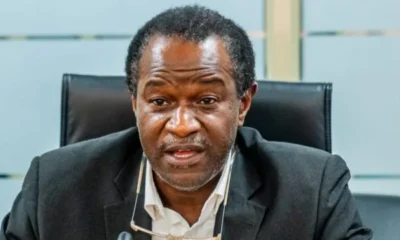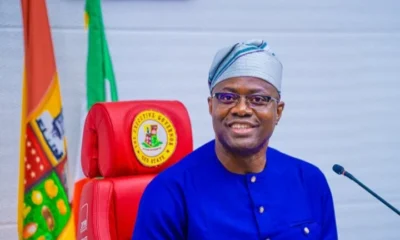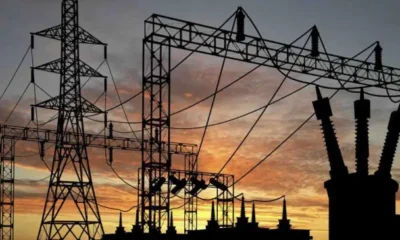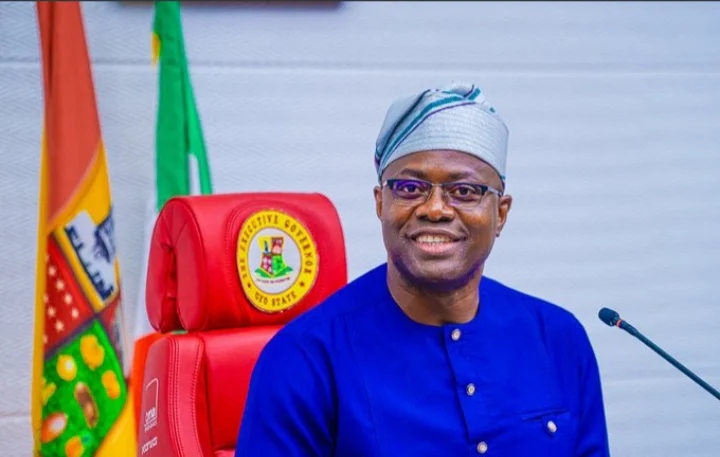The Nigerian Education Loan Fund (NELFUND) has revealed plans to introduce a centralized job portal by 2026 aimed at helping student loan recipients secure employment opportunities both locally and abroad.
This initiative forms part of broader strategies to strengthen the effectiveness of the student loan program and guide graduates toward financial stability.
While speaking at a media briefing in Abuja to commemorate one year since the loan scheme’s inception, NELFUND’s Managing Director, Akintunde Sawyerr, clarified that although the agency does not promise jobs, the planned job portal is intended to ease graduates’ entry into the workforce.
Sawyerr mentioned that the portal will compile job listings from government bodies, private companies, and foreign employers interested in hiring Nigerians.
We don’t just give a loan and leave students on their own. This job portal is our way of supporting their journey towards economic stability, he said
No repayment without employment
Sawyerr reaffirmed that repayment of student loans will only begin when beneficiaries secure employment and have completed their National Youth Service Corps (NYSC).
If you don’t have a job, you don’t pay. And when you eventually get a job, your repayment starts fresh.
Once employed, 10 per cent of the beneficiary’s monthly income is deducted automatically by the employer and remitted to NELFUND, following verification through the NELFUND employment register.
If an employee is laid off or resigns, the deductions stop. And in the event of death, the loan is written off. The family is not harassed, he said.
Institutions must refund duplicate payments
On the matter of students who made fee payments before NELFUND disbursed funds to their schools, Sawyerr urged institutions to fulfill their obligation and refund the affected students.
We’ve received multiple petitions from students who paid under duress, only to find their fees had also been paid by NELFUND.
Institutions must refund this money. It’s disappointing that some schools have ignored this responsibility, he said.
He further explained that anti-graft agencies have begun investigating: Investigative bodies like the ICPC and EFCC have stepped in to question certain institutions over delays or refusals to refund.
To ensure the right return of funds, he recommended: If an institution cannot refund directly to the student, they can pay the money back to us and we will ensure it gets to the rightful student.
Over 3.2 million student records in system
Mustapha Iyal, the Executive Director of Operations, shared that the Fund currently oversees over 3.2 million student records and anticipates receiving around one million additional applications by the end of 2025.
Basically, our projection right now, we have about 3.2 million students in our system.
What we’re looking at this year, from now to the end of the year, we’re looking at about one million applications. We’re not pushing. We’re not saying that it’s compulsory.
But we’re looking at how we can support one million applications to make sure that no one is dropping out of school, he stated.
What you should know
NELFUND has broadened its scope by launching a loan program that also funds vocational and technical education to empower Nigerian youth seeking practical trade skills. The pilot phase of this scheme will start in Enugu between late June and mid-July 2025.
According to Executive Director of Operations, Iyal Mustapha, the initiative will offer interest-free loans to cover tuition, transportation for attending full-time technical schools, stipends for living expenses, and even tools upon training completion.
Applications will be submitted via NELFUND’s portal, and once the system is active, applicants will be matched with certified vocational training centers in their region.
Credit: Nairametrics

 BIG STORY3 days ago
BIG STORY3 days ago
 BIG STORY2 days ago
BIG STORY2 days ago
 BIG STORY3 days ago
BIG STORY3 days ago
 BIG STORY3 days ago
BIG STORY3 days ago
 BIG STORY2 days ago
BIG STORY2 days ago
 BIG STORY5 hours ago
BIG STORY5 hours ago
 BIG STORY2 days ago
BIG STORY2 days ago
 BIG STORY2 days ago
BIG STORY2 days ago






















